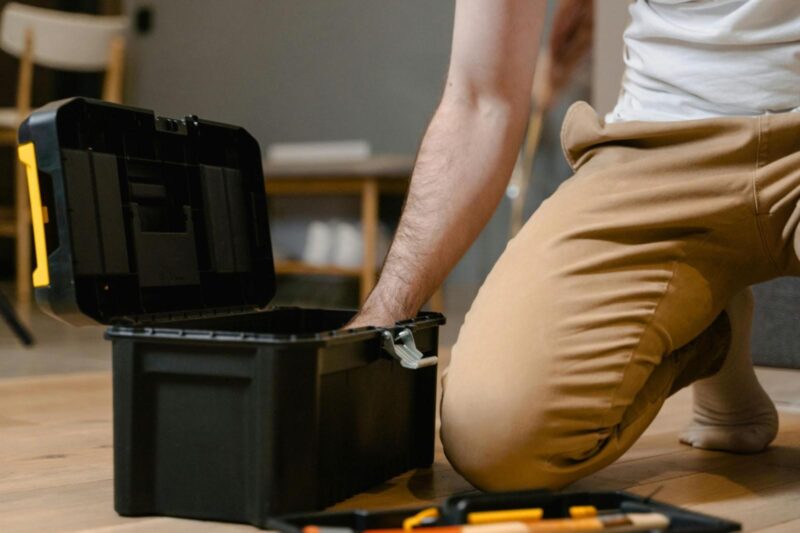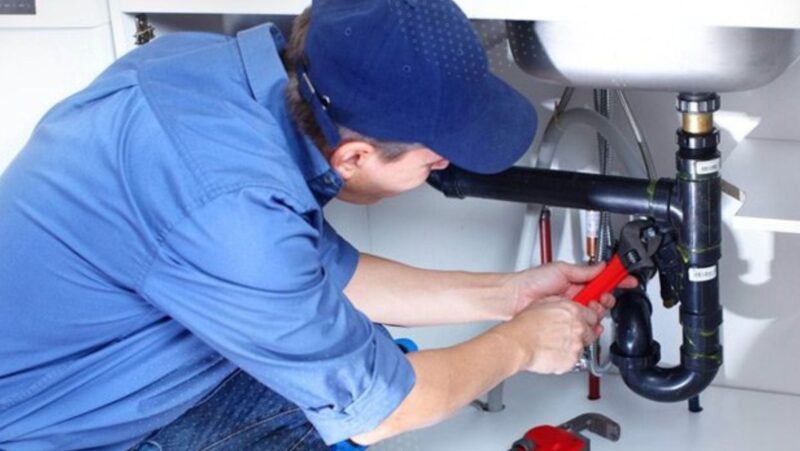
Purchasing a home is a huge financial decision and shouldn’t be taken lightly. If you’re considering buying a home, ensure you can afford the monthly mortgage payments and decide how much you want to put toward a down payment and closing costs.
Finding a property that fits your needs might take a while, but it’ll be worth the wait. Here are six pieces of advice to help you get closer to signing on the dotted line.
6 things first-time home purchasers should do
1. Get pre-approved for a mortgage before starting the home search
This will give you an idea of how much you can afford to spend and show sellers that you’re serious about buying a property. Getting pre-qualified for a mortgage–which is a type of secured loan–is pretty simple: most lenders will need evidence of your income, debts, and credit score.
Now, what is a secured loan? A secured loan is a loan that is backed by collateral which can be any valuable asset like a house or car. If you default on your payments, the lender can seize your property, so it’s important to have a solid plan to ensure you don’t miss a payment.
2. Overview your finances and create a realistic budget
Reviewing your finances will help you determine how much you can afford to spend on a home. Consider your income, including your salary, bonuses, or commissions; your debts, like outstanding student loans or credit card debt; and your other major expenses, like food, transportation, and childcare. It’s also important to make sure you have enough cushion left over to continue to save for any future contingencies.
3. Compare offers before making a decision
It’s important to be choosy when selecting a property to call home. This is where you’ll create your fondest memories, so you want it to check off all the boxes on your wish list. It’s a good idea to tour at least a few homes before deciding. This will allow you to compare different features and determine what’s most important.
4. Get an inspection before closing the deal
While it may seem like an added expense, an inspection can save you a great deal of money in the long run. A trained inspector will look for any significant problems with the property, like structural issues, water damage, or electrical problems. By catching these problems early, you can negotiate with the seller to repair them before you move in.
5. Factor in additional costs when creating a budget
Homeowners insurance protects your home and belongings in the event of damage or loss, and property taxes help to fund local services such as schools and police. The cost of both homeowner’s insurance and property taxes will vary depending on the value of your home and where you live.
6. Research the neighborhood and surrounding area thoroughly
Along with the home and property you want to purchase, it may be a good idea to research the surrounding area around your potential home. There are several factors to consider, such as the quality of the schools, the crime rate, and the proximity to amenities. You can look online for information about your ideal neighborhood and its surrounding areas.
Once you have narrowed down your options, take some time to visit the area in person to get a better sense of whether it’s the right fit for you.
Bottom Line
As a first-time home buyer, it’s important to take the time to research when purchasing a home. Talk to different lenders to compare interest rates and mortgage options. Once you’ve found the right property and secured financing, be sure to have a professional home inspection performed to ensure there are no hidden problems. Proper planning and due diligence can help make purchasing your first home a rewarding experience.
Notice: Information provided in this article is for information purposes only and does not necessarily reflect the views of [kdarchitects.net] or its employees. Please be sure to consult your financial advisor about your financial circumstances and options. This site may receive compensation from advertisers for links to third-party websites.













